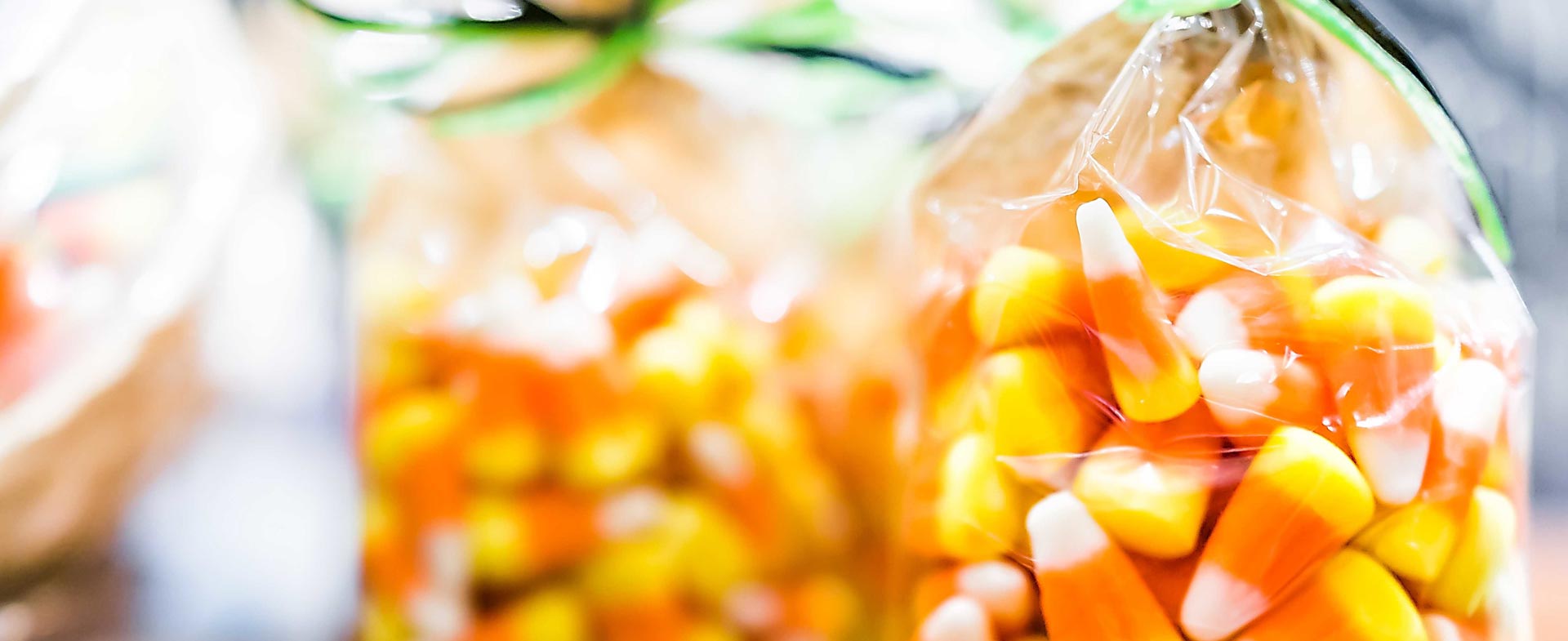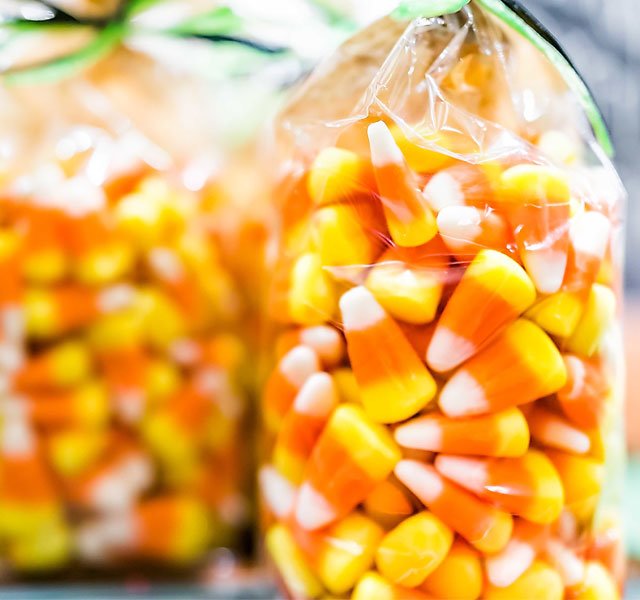Steering clear of sugar this time of year is an ambitious goal. Between pumpkin patch visits, Halloween parties and trick-or-treating (and the holidays that are right around the corner), you’re bound to come face-to-mouth with your favorite sugar fix.
Despite what most folks believe, however, it’s actually okay to indulge a bit. “In fact, if you deprive yourself of seasonal treats you’re more likely to binge later,” says Amanda Imperiale, a clinical registered dietitian at Henry Ford Health. Your best bet: Eat! Drink! Celebrate! But do it in moderation and then have a plan to get back on track the next day.
Your Brain on a Binge
The “fall slide,” is no joke. Research confirms health and wellness pursuits get put on the back burner this time of year. But that doesn’t mean you have to succumb to a months-long binge fest.
While eating sugar should help you feel satisfied, it also activates the reward system in the brain: The more you eat, the more you crave. Research confirms that the effect of sugar on the brain is similar to that of other addictive substances such as drugs, alcohol and nicotine.
“If you eat a lot of candy, your blood sugar level spikes,” says Imperiale. “Unfortunately, when it crashes, you feel an intense craving for sugar to drive it back up again.”
Damage Control
If one piece of candy turned into a whole bowl, you can’t magically erase those calories. But you can learn to keep cravings in check — and recover from a sugar binge after a slip — with a few of Imperiale’s do’s and don’ts.
Do:
- Drink up: Sometimes hunger is actually thirst in disguise. Staying hydrated (with water) can help curb cravings. Plus, drinking water is good for your overall health.
- Plan ahead: If you prep meals and snacks in advance, you won’t be as tempted to dig into the candy bowl. You can even plan your treats. Choose two or three favorites and leave the rest of the candy in the bowl. You might even decide to buy candy you don’t enjoy so you’re less tempted to overindulge.
- Hit reset: After a sugar binge, you might try to restrict your added sugar intake for a few days to help your taste buds acclimate to less-sweet foods. Load up on protein and fiber-rich foods that keep you feeling full without the sugar high.
Don’t:
- Beat yourself up: The holidays are tough, even without dietary landmines. View a sugar binge as a temporary setback.
- Starve yourself: After a sugar binge, you may be tempted to stop eating all together. Unfortunately, that’s a recipe for dietary disaster. A better approach: Eat a full day of balanced meals, whether it’s a holiday or not. And when hunger strikes, don’t reach for the candy bowl. Instead, opt for a healthful mix of fiber-rich carbohydrates, protein and fat to help you feel full.
- Nosh on the run: Try not to eat while you’re trick or treating. Be mindful of when you’re eating. Staying focused on your indulgence will help you enjoy it more.
Regaining Control
It takes about 3,500 calories to gain a pound of fat. In Halloween terms, that’s about 44 fun-size Snickers bars. “So, one night of having more candy than you should doesn’t make too big of an impact,” says Imperiale.
Still, it’s important to get back on track after a setback. Plan your meals in advance, keep candy out of sight and donate the extras after the holiday passes. Keep in mind that you can train your taste buds to crave foods that are less sweet. Within three weeks of limiting added sugars, your taste receptors will adjust and you won’t need as much sugar to satisfy a sweet craving.
To make an appointment with a Henry Ford doctor or dietitian to discussion nutrition and your health, visit henryford.com or call 1-800-HENRYFORD (436-7936).
Amanda Imperiale, MPH, RDN, counsels patients about nutrition at Henry Ford Wyandotte Hospital.



